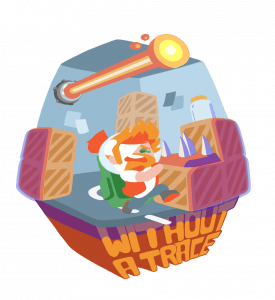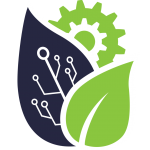Environmental Stewardship & Social Justice
Climate change not only has a detrimental impact on local ecosystems and the environment as a whole, but can disproportionately affect the poor and disadvantaged. Many of the projects in S-lab are situated in the nexus of food, energy and water and holistically try to address the social, economical, technical and environmental implications of this far reaching problem. Student teams use technology to work with communities to better manage natural resources while also reducing dependence on fossil and biomass fuels. Ultimately, the goal for many of these student-lead, proposed solutions is to improve quality of life: Renewably Powered Water Treatment and Engineers Without Borders projects work to help provide access to clean water or electricity, Rural Electrification has a focus on capacity development to empower communities to create sustainable income generating activities, and UCSC’s Rocket Team, Slugbotics, the CO2 Uptake Sensing and Library are developing tools to help better understand the impact of climate change on the natural ecosystems.
 Success in these endeavors requires transparency in our own goals as well as in the equipment and services we use to achieve them. S-lab employs Granta Design’s material selector and Eco-Audit software for sustainable development within the lab to promote cradle to cradle design principles when it comes to material selection and design. The Pico-Solar Scorecard is an instrument for vetting products and incentivizing vendor transparency for products in across the globe. On the other end of the life cycle, Waste Not, Want Not is standardizing a more robust waste auditing app while PET Spectrometer is helping to identify plastics in the field (and on the beach) for proper disposal. RePlayPLA MyLastTrash is tackling waste that contaminates both the composting and recycling waste streams, including a newer form of waste: PLA plastics. The teams are working together to find low energy and low hazards solutions for bioremediation and ultimately local reuse in 3D printing. In a similar vein, Clean Oceans Intl hopes to rid the oceans of the 8 million tons of plastic that ends up in the ocean each year by converting into usable fuel. These projects focus on waste diversion and social justice, while striving to achieve new benchmarks to minimize embodied energy, water, and carbon.
Success in these endeavors requires transparency in our own goals as well as in the equipment and services we use to achieve them. S-lab employs Granta Design’s material selector and Eco-Audit software for sustainable development within the lab to promote cradle to cradle design principles when it comes to material selection and design. The Pico-Solar Scorecard is an instrument for vetting products and incentivizing vendor transparency for products in across the globe. On the other end of the life cycle, Waste Not, Want Not is standardizing a more robust waste auditing app while PET Spectrometer is helping to identify plastics in the field (and on the beach) for proper disposal. RePlayPLA MyLastTrash is tackling waste that contaminates both the composting and recycling waste streams, including a newer form of waste: PLA plastics. The teams are working together to find low energy and low hazards solutions for bioremediation and ultimately local reuse in 3D printing. In a similar vein, Clean Oceans Intl hopes to rid the oceans of the 8 million tons of plastic that ends up in the ocean each year by converting into usable fuel. These projects focus on waste diversion and social justice, while striving to achieve new benchmarks to minimize embodied energy, water, and carbon.

